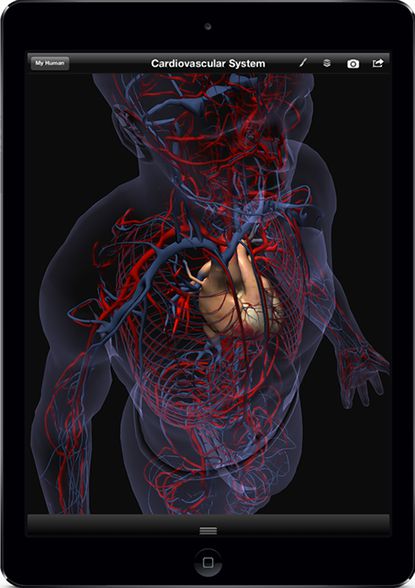Google Maps for the human body – AI’s rise in surgical tech

An acronym more useful to the future of surgical tech: natural intelligence (NI). This covers all the systems of control present in biology, complementing its antithesis of AI and vice versa.
“AI is a myth, a most exciting one for sure, but a myth none the less. Firstly, AI did not spring from the ether, it originated within and from NI. It was built to augment, and indeed undertake permutations, that NI on its own motherboards was not capable of.
“AI’s biggest promise is in structuring algorithms and crunching astronomical amounts of data to reveal associations and causation – in other words to give us answers. That done, these answers need to be incorporated back into the real world to deliver real outcomes. This will, for the foreseeable future, need NI.
AI-as-panacea is myth, exercising more of a need for NI (Natural intelligence) in surgical tech. Strict regulations have also hindered the wide adoption of AI in medical devices, as Globaldata medical analyst Aliyah Farouk explains.
“The EU has recently announced plans to impose additional requirements on the use of AI in medtech,” says Farouk. “Any company that does not comply with the regulations will be faced with huge penalty. Meeting regulatory requirements is already a costly task and this additional requirement may deter smaller companies from entering the market.
“Additionally, the FDA has only approved devices that use ‘locked’ algorithms so far, and machine learning algorithms need updates. However, they have issued an action plan for regulating modifications to AI and machine learning-based Software as a Medical Device (SaMD), so things are looking up in that direction.”
Such regulations may be why other, less life-and-death areas of healthcare are making use of computer vision’s various capabilities. These include image recognition, in which image recognition algorithms have been trained to identify differences in digital images of different classes.
Image recognition is how an AI system by Alibaba is able to diagnose Covid-19 cases in seconds with 96% accuracy using CT scans. With computer vision analysing CT scans and X-rays, the National Institutes of Health can help evaluate the severity of Covid in patients and predict how they will react to different treatments.
This same tech has been used to detect tumours and skin conditions, make invasive medical procedures such as endoscopies safer and enable autonomous tracking of health product inventory.
CV (Computer Vision) works with the moving image: video recognition software is able to analyse video clips before comparing them to a database of content in search of a match. A tool by AiCure determines by phone whether patients and guinea pigs are taking prescribed medicines and doing so correctly. Patients film themselves taking the medicine via smartphone; using CV, the AiCure app can determine whether the correct patient has taken the correct medicine through identification of both face and pill.
Surgical platform developer Theator raised a $15.5m series A round this year off the back of its surgical tech video tools. The startup’s surgical intelligence platform scans video footage of real-world procedures and identifies key “intraoperative” moments in order to annotate them with metatags. Through desktop and mobile apps, surgeons have access to an indexed library of over 400,000 minutes of surgical video encompassing over 80,000 moments. Having such a useful, accessible database can save surgeons both time in research, consultation and surgery.
“The artful and scientific combination of AI and AR technologies is poised to reinvent medicine. AI is a powerful set of tools that can be used to analyse all of the information around a surgery and the operating room – think Google Maps for the human body. However the most ambitious applications of AI in medicine will free up human cognition from the most mundane tasks and enable humans and computers to focus on what each does best.”
“Humans will be performing surgery for quite some time – but AI will enable them to do it even better”


